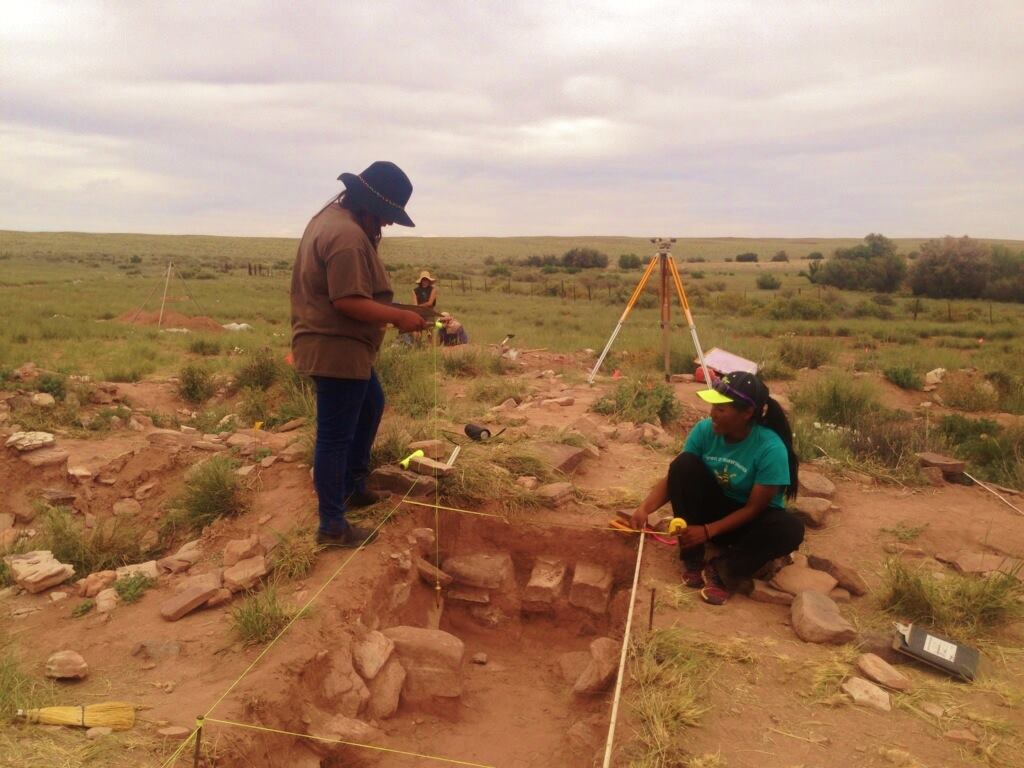Museums
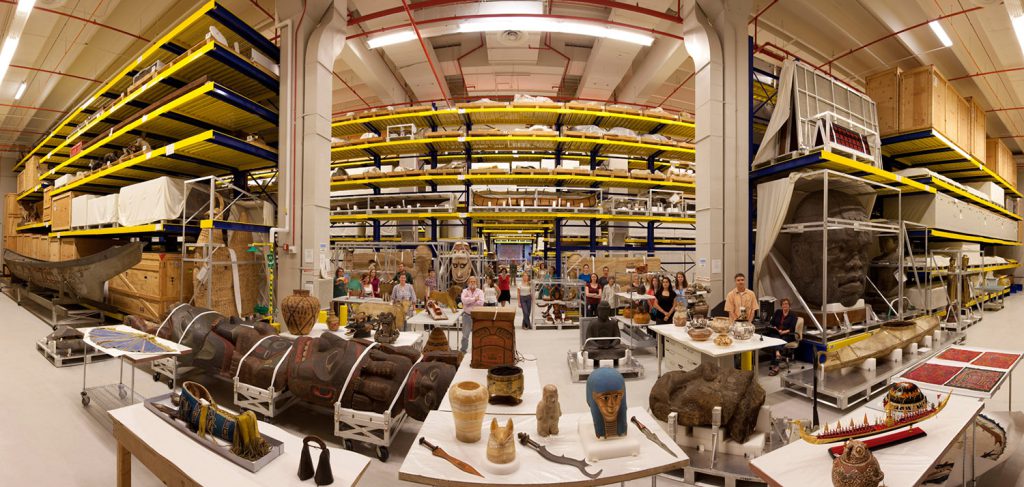
Museums are dynamic spaces undergoing major shifts in policy and ethics, since, historically, they have been sites of contention for many reasons. In this unit, students will gain insight into changes in museum policies on housing controversial art and culturally significant items.
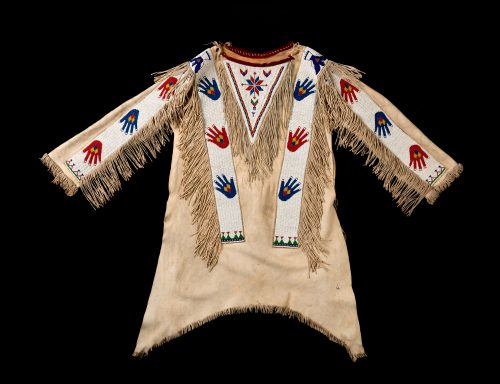
The Many Hands Shirt: Reuniting a Family and an Heirloom
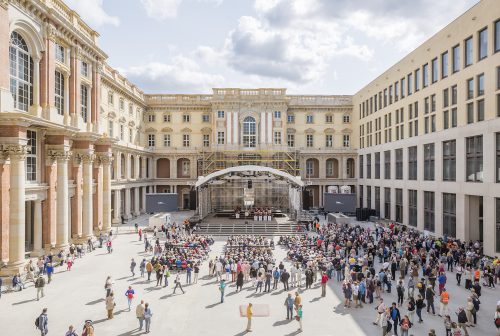
Confronting the Colonial Legacies of Museum Collections

Why Are People Worshipping the Virgin Mary as a Goddess?

How Virtual Reality Is Restoring Liberia’s Culture

In Japan, Rethinking What It Means to Care for the Dead

When Calls for Vengeance Go Online

A Poetics of Liberation: An Imagined Archive

“Stop This Invader!”—The War on Spotted Lanternflies

How Virtual Reality Is Restoring Liberia’s Culture

A Poetics of Liberation: An Imagined Archive

The Hopes and Hazards for AI in Reconstructing Ancient Worlds

Connecting Local Communities to Paleoanthropology in Kenya

Emic/Etic
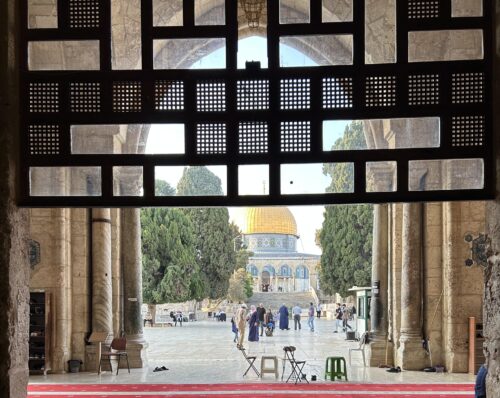
Heaven on Earth and Jesus Is Palestinian

How Heavy Metal Fuels Indigenous Revival in Patagonia

Launching Starship in South Texas

Heaven on Earth and Jesus Is Palestinian

Cultivating Dragon Fruit’s Political Power in Ecuador

Translation Notes
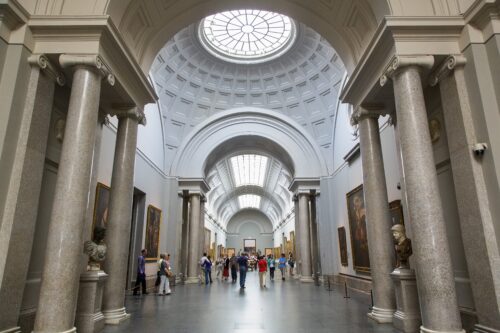
Spain’s Move to Decolonize Its Museums Must Continue

A Poetics of Liberation: An Imagined Archive

Debitage

Tracing Roti’s Pasts, Presents, and Futures

Pequi Winds

Heaven on Earth and Jesus Is Palestinian

Poets Resist, Refuse, and Find a Way Through

How Virtual Reality Is Restoring Liberia’s Culture

A Poetics of Liberation: An Imagined Archive

Envisioning a More Empathetic Treatment of Great Ape Remains

Home-Carrying—A Repatriation Trip to Vanuatu 100 Years in the Making

Survival Notes

Spain’s Move to Decolonize Its Museums Must Continue
- Museums are important spaces for learning and appreciating material culture over the course of humanity’s existence.
- Many museums have come under scrutiny for the ways in which they acquire and retain items that may have been obtained through theft or by means now deemed unethical.
- Curators, Indigenous communities, and nations as a whole are defining the meaning of cultural property and patrimony, debating repatriation, and contemplating how to appropriately portray clothing, art, sacred objects, etc., in museums.
-
Lowry, G.D. 1998. “Cultural Property: A Museum Director’s Perspective.” International Journal of Cultural Property 7 (2): 438–445.
-
White, Shelby. 1998. “A Collector’s Odyssey.” International Journal of Cultural Property 7 (1): 170–176.
- What is cultural property, and why is it a salient topic in museum studies?
- What is the significance of repatriation for the communities and nations who demand it? Why do some museums oppose it?
- What ethical decisions should curators consider when deciding whether or not to display sacred items? Use examples from the readings.
- What does the 2017 SAPIENS article by columnist Steve Nash tell us about the kinds of relationships that are possible between marginalized communities and museums?
- Have students watch the TED-Ed presentation by J.V. Maranto “Why Do We Have Museums?” Then have them write a one-page perspective essay on whether they believe museums bring value to society and, if in the affirmative, what they feel that value is.
- Visit a local museum and write a paper critically analyzing the museum’s exhibits.
-
Article: New Yorker’s “Den of Antiquity: The Met Defends Its Treasures”
-
Article: The Guardian’s “Should Museums Return Their Colonial Artefacts?”
-
Article: The New York Review of Books’ “Whose Culture Is It?”
-
Code: American Alliance of Museums’ Code of Ethics for Museums
-
TED Talk: Neil MacGregor’s “2,600 Years of History in One Object”
Eshe Lewis (2020)
Archaeology and Colonialism
